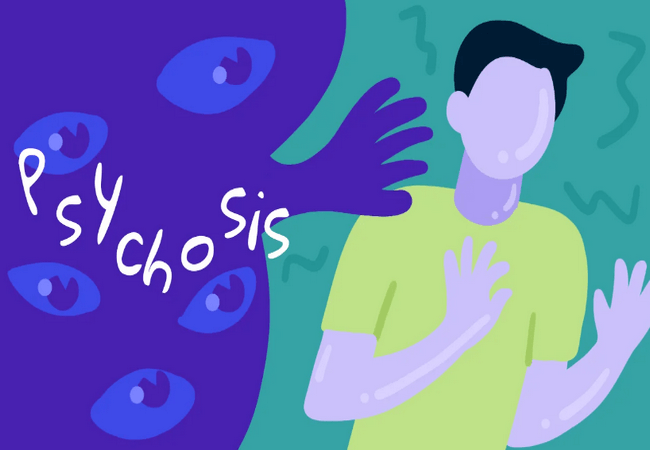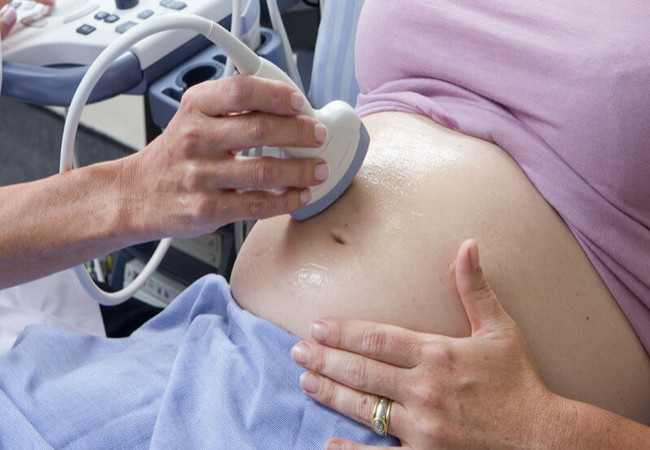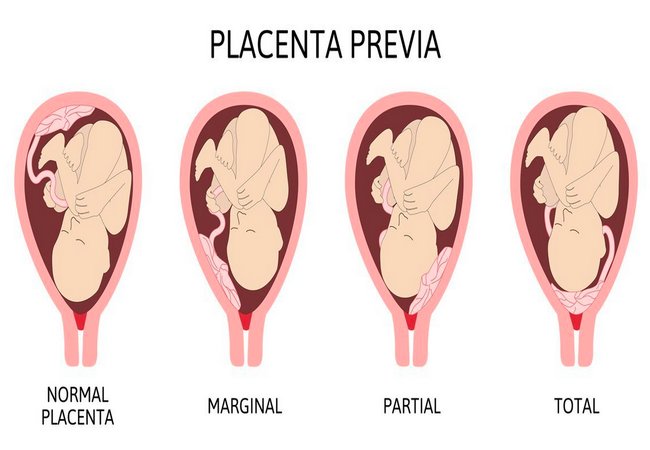Diagnosis, Sign and Symptoms of Psychosis
What is Psychosis?
Psychosis is an umbrella term; it means that an individual has sensory experiences of things that do not exist and/or beliefs with no basis in reality. During a psychotic episode, an individual may experience hallucinations and/or delusions. They may see or hear things that do not exist.

Signs and Symptoms of Psychosis:
The classic signs and symptoms of psychosis are:
Hallucinations: Hearing, seeing, or feeling things that do not exist.
Delusions: False beliefs, especially based on fear or suspicion of things that are not real.
Disorganization: In thought, speech, or behavior.
Disordered thinking: Jumping between unrelated topics, making strange connections between thoughts.
Catatonia: Unresponsiveness.
Difficulty concentrating.
Depending on the cause, psychosis can come on quickly or slowly. The same is the case in schizophrenia, although symptoms may have a slow onset and begin with milder psychosis, Some people may experience a rapid transition back to psychosis if they stop taking their medication.
The milder, initial symptoms of psychosis might include:
- Feelings of suspicion,
- General anxiety,
- Distorted perceptions,
- Depression,
- Obsessive thinking,
- Sleep problems.
Diagnosis of Psychosis:
Here, we will discuss the available tests and methods for diagnosing psychosis.
Early diagnosis:
Early diagnosis of psychosis improves long-term outcomes. This is not always achieved, however. The milder forms of psychosis that can lead to schizophrenia are left untreated for an average of 2 years, and even full psychosis can take a number of years before it receives the attention of medical professionals.
To increase the chances of early detection, guidance for healthcare systems drawn up by psychiatrists recommend that the “possibility of a psychotic disorder should be carefully considered” in a young person who is:
- Becoming more socially withdrawn,
- Performing worse for a sustained period at school or work, or
- Becoming more distressed or agitated yet unable to explain why.
There is no biological test for psychosis itself, and if laboratory tests are done, it is to rule out other medical problems that might provide an alternative explanation.
Questions for patient and family:
Psychosis is primarily diagnosed by clinical examination and history – the doctor examines the patient and asks about their symptoms, experiences, thoughts, and daily activities; they will also ask if there is a family history of psychiatric illness.
Other medical conditions are ruled out first of all, especially delirium (sudden onset of a confused state), but epilepsy and a number of other medical explanations are possible. Doctors will also check for any history of intoxication with drugs, both legal and illegal and toxins, usually asking for a urine sample to check this.
One psychosis is narrowed down to a psychiatric cause, there are clearly defined criteria that must be met before a diagnosis is confirmed, Psychiatrists generally rely on the American Psychiatric Association (APA)s publication known as the DSM (Diagnostic and Statistical Manual of Mental Disorders) to make psychiatric diagnoses.
Brain scans:
Brain scans may be done in the early stages of medical attention so that other conditions – often treatable and reversible – can be ruled out. EEG (electroencephalography) testing records the brain’s electrical activity and may help to rule out delirium, head injury, or epilepsy as possible causes of psychotic symptoms.
More questions related to this article:
- What do you mean by psychosis?
- Describe the signs and symptoms of psychosis.
- What are the symptoms of psychosis?
- What are the sign and symptoms of psychosis?
- Write down the diagnosis of psychosis.
- List the symptoms of psychosis.











